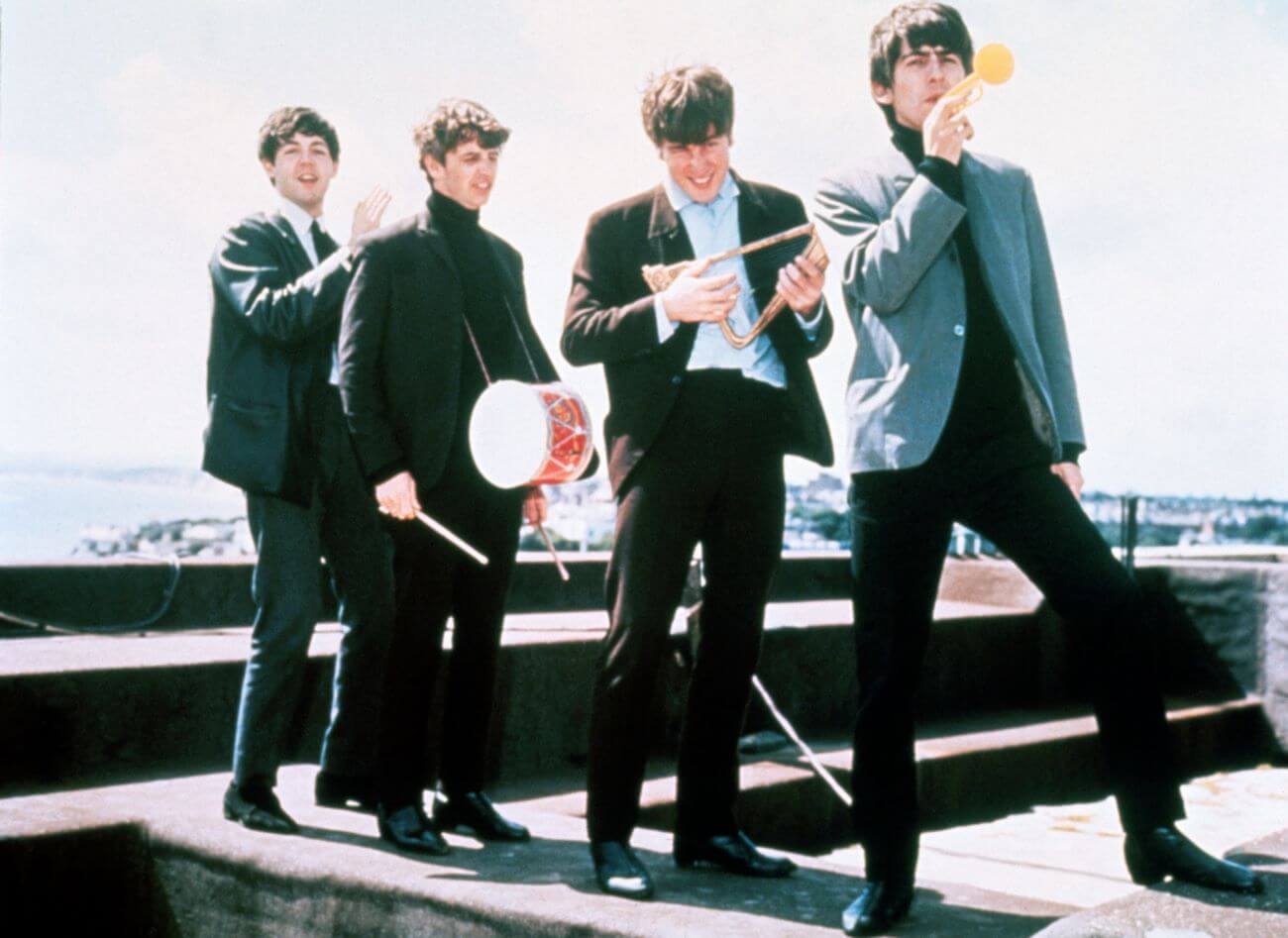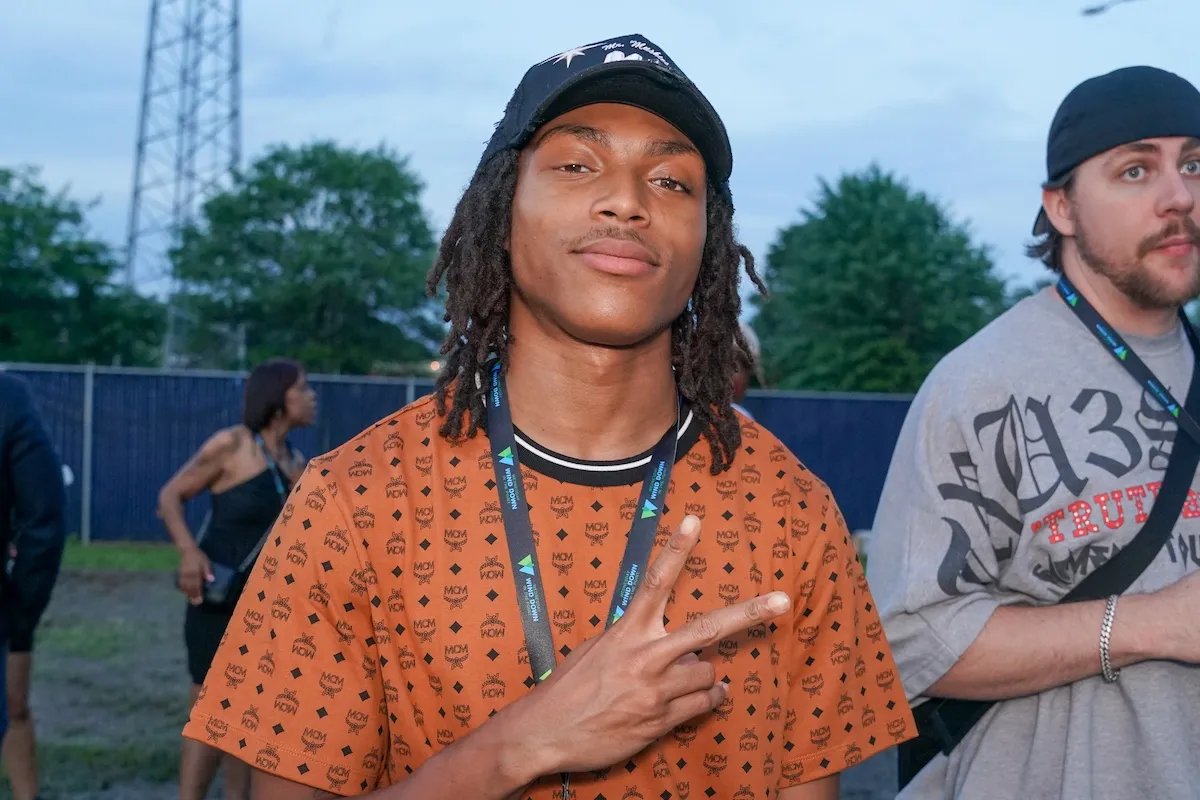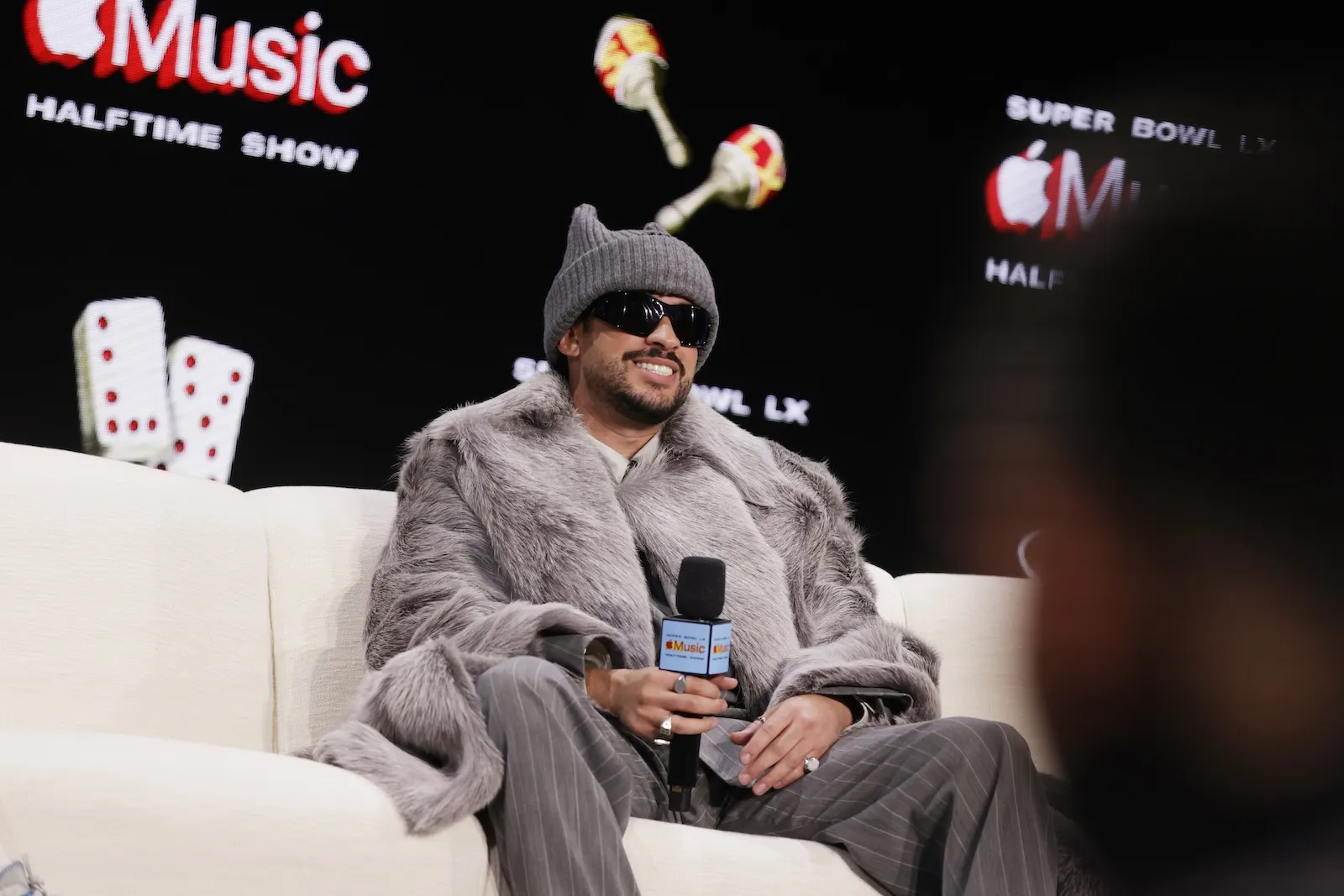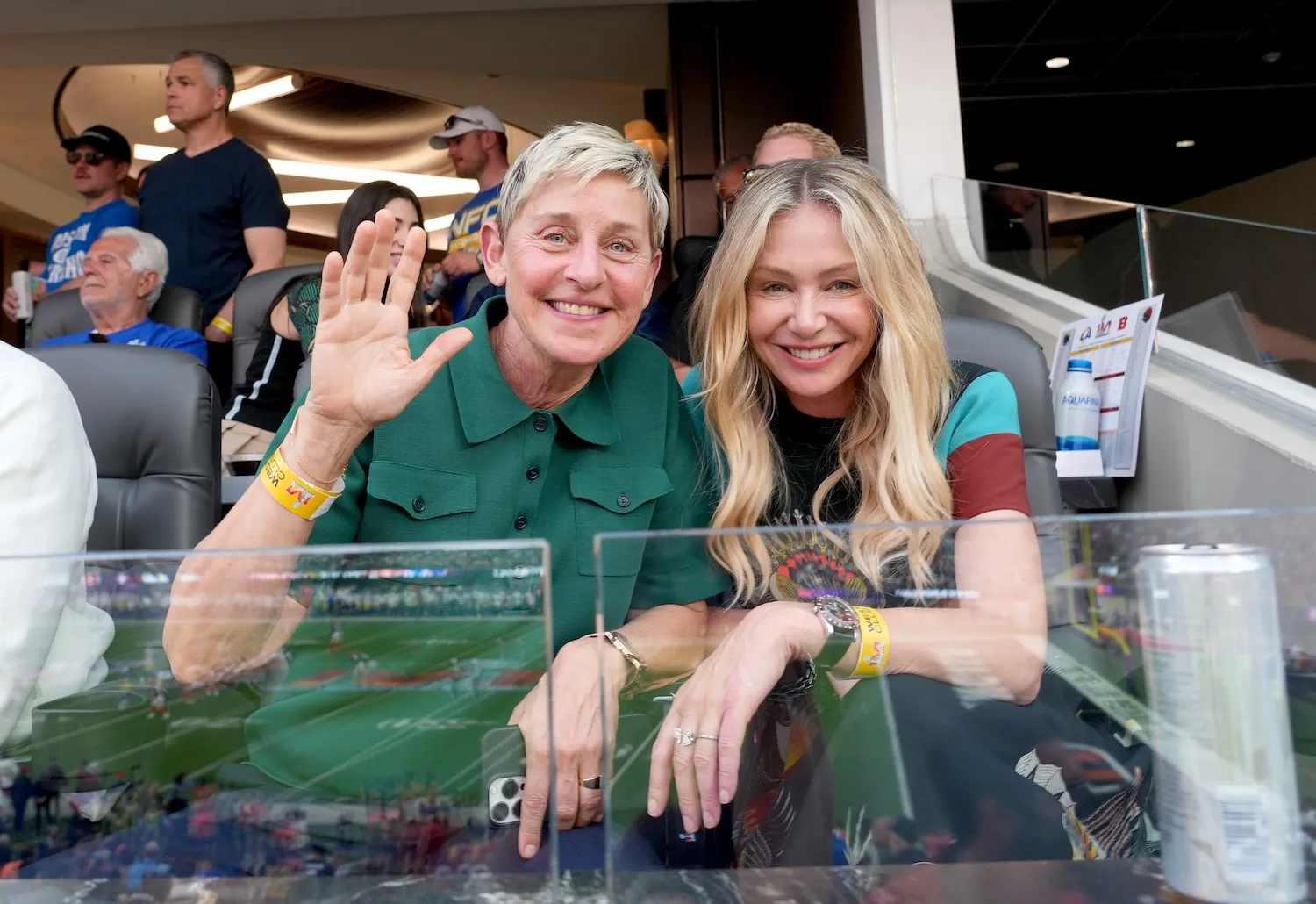
John Lennon and George Harrison Thought The Beatles Could’ve Stayed Together, but It Never Would’ve Worked
In 1970, The Beatles went to court, and John Lennon and George Harrison expressed regret that they had split. According to their affidavits, both Lennon and Harrison believed that the band was on the path to fixing their problems when Paul McCartney broke them up. Though they claimed to feel this way, a reunion never would have worked for the band.

The Beatles announced their breakup in 1970
In 1969, Lennon told his bandmates that he was leaving The Beatles, effectively breaking up the band. The Beatles’ manager Allen Klein wanted the band to keep this a secret.
“There was all sorts of weirdness going on where record contracts were being negotiated, and our not-so-good manager at the time, this guy called Allen Klein, he was saying , ‘Don’t tell anyone because I’m in the middle of a negotiation.’ I was saying, ‘You’ve gotta tell ’em.'” McCartney said in an Apple Music interview. “You can’t pretend the group’s still together. We’re gonna get a new record when we all know it’s not gonna happen.
In 1970, though, McCartney issued a press release for his solo album and revealed that he had no plans to work with The Beatles.
John Lennon and George Harrison thought The Beatles could have stayed together
In order to take control of the band’s catalog from Klein, McCartney had to sue The Beatles. His former bandmates presented affidavits in which they all said the band could have stayed together. Lennon believed McCartney was trying to break up the band because they hadn’t accepted his choice of manager, his father-in-law Lee Eastman.
“Of necessity, we developed a pattern for sorting out our differences, by doing what any three of us decided,” Lennon wrote, per The Beatles Diary Volume 2: After the Break Up. “It sometimes took a long time and sometimes there was deadlock and nothing was done, but generally that was the rule we followed and, until recent events, it worked quite well. Even when we stopped touring, we frequently visited each other’s houses in or near London and personally we were on terms as close as we had ever been … if Paul is trying to break us up because of anything that happened before the Klein–Eastman power struggle, his reasoning does not make sense to me.”
In Harrison’s affidavit, he explained that he had temporarily left the band because of McCartney, but the group dynamic had vastly improved since then.
“After a few days, the others asked me to return and since I did not wish to leave them in the lurch in the middle of filming and recording, and since Paul agreed that he would not try to interfere or teach me how to play, I went back. Since the row, Paul has treated me more as a musical equal,” Harrison wrote, adding, “I think this whole episode shows how a disagreement could be worked out so that we all benefited. I just could not believe it when, just before Christmas, I received a letter from Paul’s lawyers. I still cannot understand why Paul acted as he did.”
John Lennon and George Harrison wouldn’t have wanted to stay in the band
Lennon and Harrison may have believed the band would have continued on had McCartney not raised an issue with Klein. This wouldn’t have worked, though. Harrison grew tired of Lennon and McCartney overlooking his musical contributions. He said he had no regrets about the breakup.
Lennon said The Beatles were drifting apart long before the split. After the band broke up, he also expressed his relief that he could focus on his solo career.
Even if the band dynamics were slightly better just before the breakup, the band had reached a natural endpoint. They were fighting over finances and personal relationships. Outside of that, their frequent arguments over music proved they were growing apart as collaborators.
By breaking up, each of the former Beatles was able to continue to grow as a solo artist. If Lennon hadn’t announced his departure and McCartney hadn’t sued the group, they still eventually would have split.


